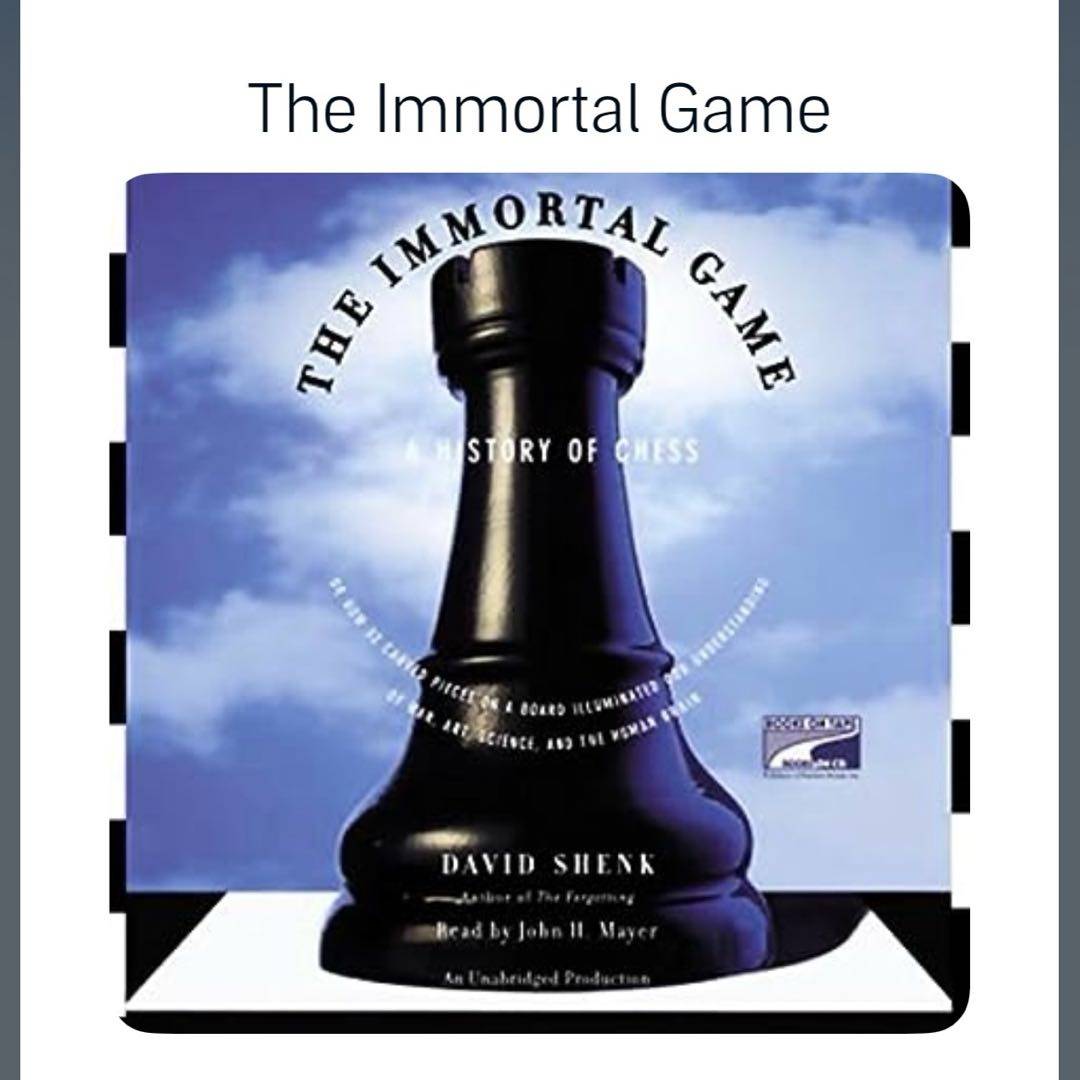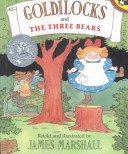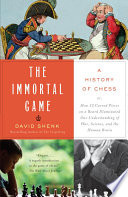
Occasionally I will think: “This thing I enjoy/love, I don‘t actually know all that much about it.” Which is how I came to The Immortal Game.
As far as historical dives into Chess itself, it appears the selection is lacking. Most of the books I could find focus more on theory, move analysis, or famous players. As someone who is only a casual player, Shenk‘s book provided what I had been searching for: the previous items plus a basic history.
9 likes


















